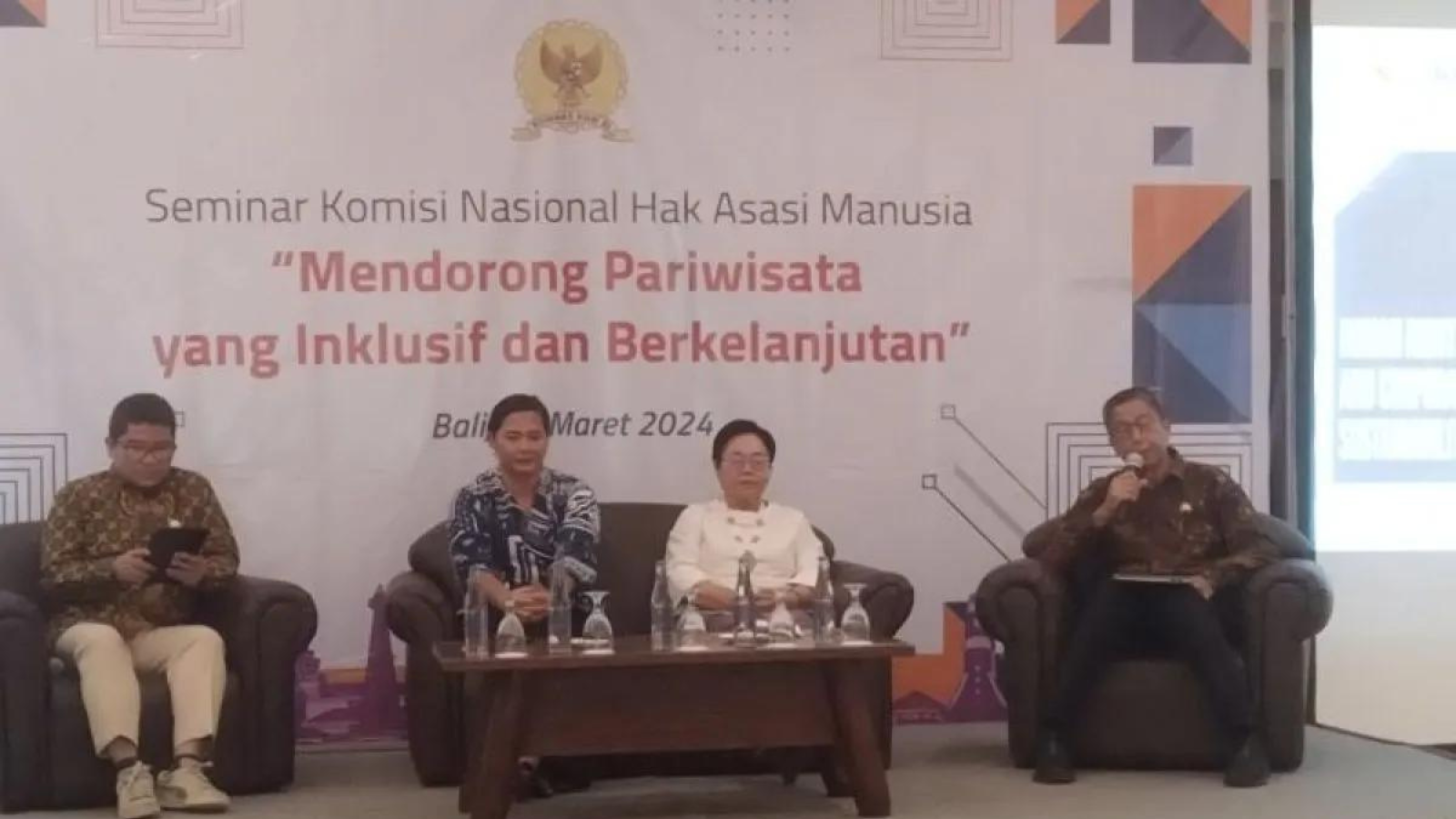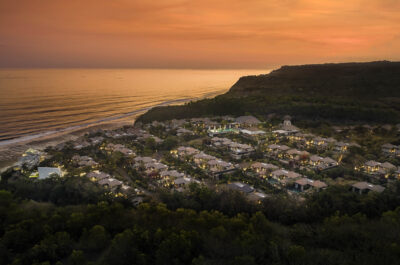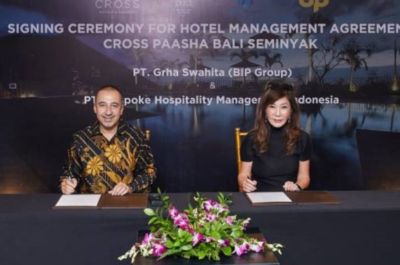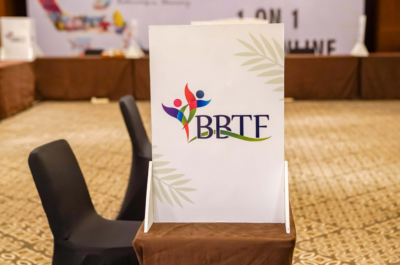
At a Bali seminar, discussions highlighted tourism’s role in economic development and its potential to cause human rights violations.
The pursuit of expanding tourism destinations has long been a double-edged sword, offering economic growth on one side and posing potential human rights violations on the other. This delicate balance was the focus of a recent seminar held in Denpasar, Bali, where Komnas HAM Commissioner Prabianto Mukti Wibowo raised concerns about the intersection of tourism and human rights.
The development of new tourist attractions, while beneficial for economic progress, often brings to light underlying issues related to agrarian and land conflicts. As the tourism sector burgeons, so does the potential for disputes over land ownership, environmental degradation, and the marginalization of local communities.
Yet, it’s important to recognize tourism’s potential as a powerful catalyst for improving the quality of life for local populations. It can bolster human rights by providing job opportunities, fostering cultural exchange, and enhancing infrastructure. However, this positive impact can only be realized if the industry prioritizes not just economic, but also social, cultural, and environmental sustainability.
The challenges highlighted by Wibowo include conflicts over land, environmental resources, and the rights of women workers, children, and individuals with disabilities. These issues underscore the necessity of integrating human rights considerations into tourism development projects. Inclusive and sustainable tourism should not only mitigate economic, socio-cultural, and environmental impacts but also ensure greater benefits and welfare for the communities involved.
The key to achieving this equilibrium is involving local communities in the decision-making process and ensuring that tourism projects contribute positively to the conservation of natural and cultural heritage. Meaningful connections between travelers and local communities, along with accessible facilities for people with disabilities, can enhance the overall travel experience while respecting and promoting human rights.
Wibowo’s call for conducting spatial studies and environmental impact analyses before embarking on tourism projects highlights the importance of a thorough examination of potential environmental and human rights violations. This proactive approach is crucial for preventing conflicts and ensuring that tourism development is both responsible and respectful of human rights.
As we move forward, the principles set by Komnas HAM for the 2022-2027 period emphasize the need for responsible business practices that uphold human rights. The tourism industry, with its vast potential for economic and social development, must navigate this path carefully, ensuring that growth does not come at the expense of the communities it aims to benefit. By fostering a culture of inclusivity and sustainability, we can ensure that tourism remains a force for good, promoting both economic prosperity and the fundamental rights of all individuals involved.
Vicky is the co-founder of TravelDailyNews Media Network where she is the Editor-in Chief. She is also responsible for the daily operation and the financial policy. She holds a Bachelor's degree in Tourism Business Administration from the Technical University of Athens and a Master in Business Administration (MBA) from the University of Wales. She has many years of both academic and industrial experience within the travel industry. She has written/edited numerous articles in various tourism magazines.




![[PR] PR_Ascott and Vimut Hospital_2024](https://www.traveldailynews.asia/wp-content/uploads/2024/04/PR-PR_Ascott-and-Vimut-Hospital_2024-400x265.jpg)






























































